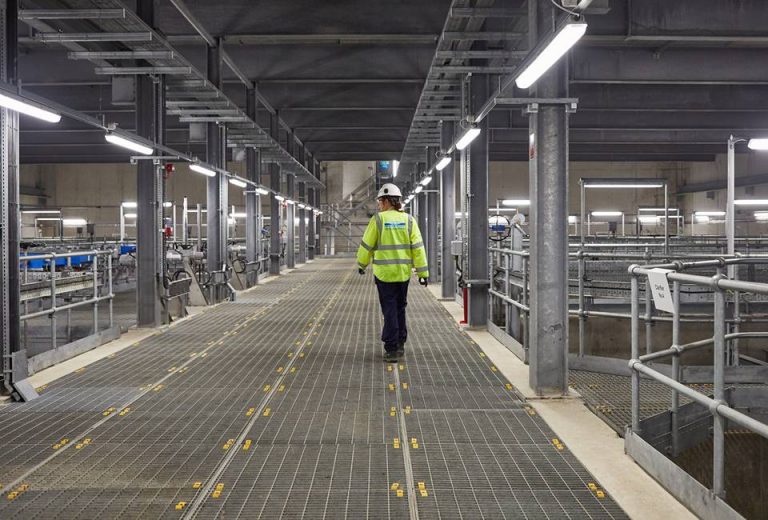The parent company of 2 Sisters Food Group has appointed Paul Friston to be its Group Chief Financial Officer.
Paul will join the 2 Sisters Food Group business in early February and become a member of the BHL Board.
He is a Chartered Accountant and has a 28-year track record in financial and corporate leadership roles at Marks & Spencer, including being MD of its International business for six years.
He takes over from Nigel Williams who has decided to return to return to Australia for family reasons.
Ranjit Singh, President of BHL, said: “Paul joins at an extremely important time for the business, and I look forward to working closely with him as we execute our ambitious sustainability and investment plans in the coming years which will shape our business for the next generation.”
Paul Friston said: “2 Sisters is a dynamic business, I know it well and very much respect it as a food manufacturing leader in the UK, so I am extremely happy to be joining the team.
“There are clearly many challenges for the food sector in such a competitive and cost-conscious environment, but the potential of a business as ambitious and significant as 2 Sisters is a truly exciting prospect. I look forward to playing my part in taking the company forward.”






















